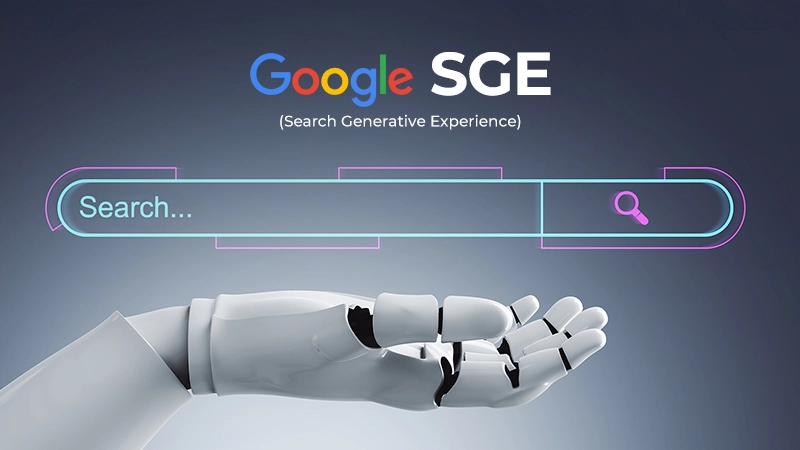
When trust is the ultimate currency, influencer marketing is a powerful force even within the traditionally conservative space of B2B. In 2025, leveraging influencers in B2B marketing isn’t just a novelty, it’s becoming essential. Let’s explore the role of influencers in B2B marketing, what’s shifting in the space, and how our influencer marketing services can help your B2B brand excel.
- The Rise of B2B Influencer Marketing in 2025
Recent data paints a compelling picture: by early 2025, 75% of B2B companies were already using influencers, and 93% planned to increase their investment in the coming year. Globally, the influencer advertising market, which spans B2B and B2C, was valued at $21 billion in 2023, projected to surge to $52 billion in 2028.
This growth reflects a broader shift in how businesses buy: B2B purchases increasingly depend on peer validation and thought leadership rather than cold outreach. Influencers bridge that gap, delivering credibility, context, and content that resonates.
- What Makes B2B Influencer Marketing Unique?
Unlike B2C, where product placement is visually straightforward, B2B often involves services, platforms, or complex offerings that are harder to display but equally important. Because of this, the strategy shifts accordingly:
- Focus on multiple stakeholders: B2B influencers must speak to decision-makers, implementers, and users alike.
- Longer buying cycles: Building trust over time is key; influencers help humanize the brand and nurture that trust.
- Thought leadership & trust: Influencers extend your brand’s voice and amplify your perspectives when aligned well, they deepen credibility in your niche.
- Top Advantages of B2B Influencer Marketing
- Amplify reach with credibility: Influencers offer access to a ready-made, engaged audience. Their endorsements carry weight, especially when promoting niche or enterprise solutions.
- Create authentic, educational content: Co-creation (blogs, webinars, podcasts) with influencers helps forge authority and generate meaningful engagement.
- Generate insight-rich feedback: Influencers intimately understand their audiences and can help garner first-party feedback or refine messaging.
- Fuel thought leadership and SEO: Collaborative content elevates content discoverability, boosts search presence, and helps brands become leading voices in their verticals.
- Strong ROI trends: B2B influencers deliver remarkable returns – a 2022 report indicated an ROI of $5.20 for every $1 spent on influencer efforts.
- Emerging Trends to Watch in 2025
Micro and nano-influencers dominate engagement: With followers ranging from under 10k (nano) to around 100k (micro), these influencers deliver highly engaged, trustworthy connections. Brands are increasingly leaning on them, for authenticity and localized influence.
Rise of AI-generated and virtual influencers: CGI avatars and synthetic personas are gaining traction, especially in industries like tech or gaming, offering scalable, brand-safe alternatives. Transparency remains critical in these campaigns.
Creator economy integration with brand culture: Companies are encouraging internal leaders to become company influencers, bridging the gap between B2B content, thought leadership, and brand trust.
- Strategic Playbook: How to Win with Influencers in B2B
Define clear goals: Awareness? Lead generation? Thought leadership? Start with your objective and match influencers accordingly.
Choose your influencer tier wisely: Micro and niche thought leaders create authenticity and trust. Consider SMEs, ambassadors, or internal content creators depending on your strategy.
Co-create content that educates and engages: Webinars, podcasts, guest blogs, or video series humanize your offering and give influencers a stake in success.
Measure wisely beyond vanity metrics: Track engagement, pipeline acceleration, content amplification, and long-term attribution, not just impressions.
Build relationships that last: Trust takes time. Retain influencers as brand advocates, not just as campaign tools.
Ensure transparency and authenticity: Especially with emerging virtual or AI-based creators, honest disclosure sustains credibility.
Conclusion: Influencers as B2B Force Multipliers
B2B influencer marketing in 2025 is no longer optional, it’s a powerhouse strategy. Not only does it extend reach; it unlocks trust, enables authentic content, and sets the stage for lasting growth.
The Virtual Salt stands ready to guide your journey – from crafting brand-aligned influencer strategies to executing campaigns with precision. Ready to explore? Let’s partner to turn influence into impact.
